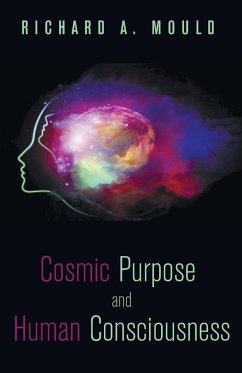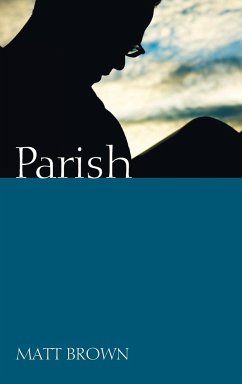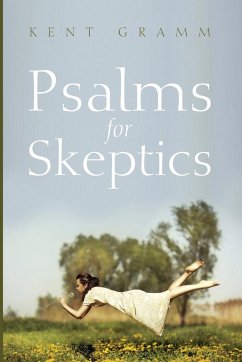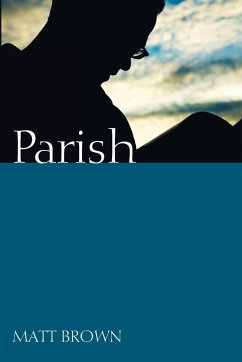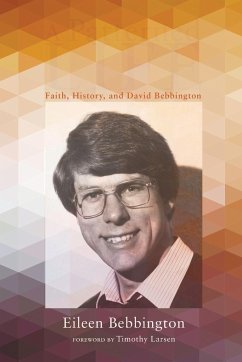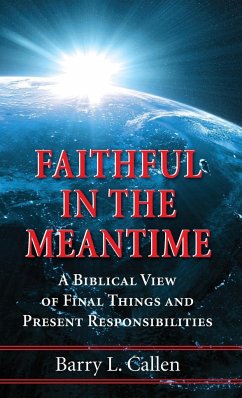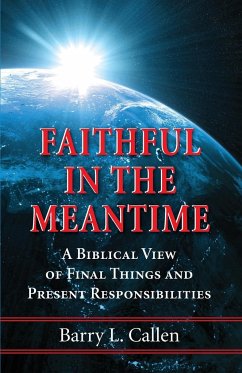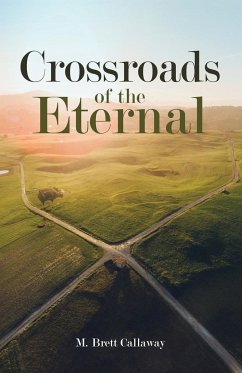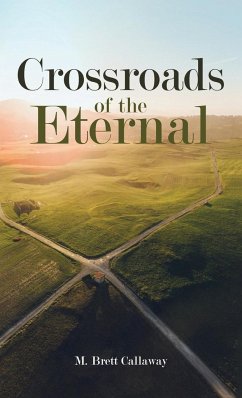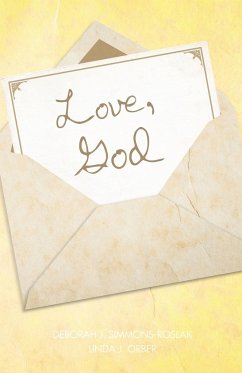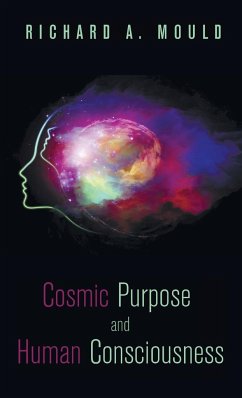
Cosmic Purpose and Human Consciousness
Versandkostenfrei!
Versandfertig in 1-2 Wochen
29,99 €
inkl. MwSt.
Weitere Ausgaben:

PAYBACK Punkte
15 °P sammeln!
Scientists have constructed a vast and wonderful objective universe by building on the ""quantitative"" features of their experience. That universe cannot support cosmic purpose because it is without consciousness--it is completely inert. However, the ""qualitative"" features of human experience suggest the existence of an equally vast and wonderful subjective universe that complements the objective universe in scope and in reality. This edifice can and, I believe, does support a form of cosmic purpose that is determined by its structure, and by its relationship to human consciousness. Every e...
Scientists have constructed a vast and wonderful objective universe by building on the ""quantitative"" features of their experience. That universe cannot support cosmic purpose because it is without consciousness--it is completely inert. However, the ""qualitative"" features of human experience suggest the existence of an equally vast and wonderful subjective universe that complements the objective universe in scope and in reality. This edifice can and, I believe, does support a form of cosmic purpose that is determined by its structure, and by its relationship to human consciousness. Every experience of yours is an amalgam of quantitative and qualitative parts that comprise your own objective and subjective worlds. Each one is as real a part of your life as the other; and each is as real a part of the wider universe as the other. There is no reason to assign reality to one and illusory to the other. Using a minimal construction based on qualitative experience, the subjective universe is found to have a cosmic purpose that is consequential for humans. We look for and find evidence of that purpose in human history.




